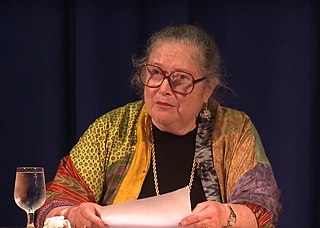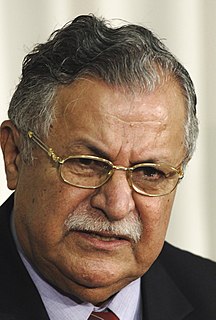A Quote by Henri Nouwen
the real "work" of prayer is to become silent and listen to the voice that says good things about me. To gently push aside and silence the many voices that question my goodness and to trust that I will hear the voice of blessing-- that demands real effort.
Related Quotes
But what I would like to say is that the spiritual life is a life in which you gradually learn to listen to a voice that says something else, that says, "You are the beloved and on you my favour rests."... I want you to hear that voice. It is not a very loud voice because it is an intimate voice. It comes from a very deep place. It is soft and gentle. I want you to gradually hear that voice. We both have to hear that voice and to claim for ourselves that that voice speaks the truth, our truth. It tells us who we are.
The tongue is a small member, but it does big things. A religious who does not keep silence will never attain holiness; that is, she will never become a saint. Let her not delude herself - unless it is the Spirit of God who is speaking through her, for then she must not keep silent. But, in order to hear the voice of God, one has to have silence in one's soul and to keep silence; not a gloomy silence but an interior silence; that is to say, recollection in God.
It is very hard to live with silence. The real silence is death and this is terrible. To approach this silence, it is necessary to journey to the desert. You do not go to the desert to find identity, but to loses it, to lose your personality, to be anonymous. You make yourself void. You become silence. You become more silent than the silence around you. And then something extraordinary happens: you hear silence speak.
A great silence has descended on me for the last six months. I am as silent as an Arab in the desert, as dry, thirsty, and full of wonder and rumours which do not materialize into camels or travellers at all, but just vanish into the silent spaces from where they came. I expect this is a good thing though it is extremely irritating - the brink of a voice and never a voice.
Real music will make you more and more refined. It will become more and more silent. In fact, real music will help you to listen to silence, where all notes disappear, where only gaps remain. One note comes, disappears, and another has not come, and there is a gap. In that gap meditation flows in you.
The imagination says listen to me. I am your darkest voice. I am your 4 a.m. voice. I am the voice that wakes you up and says this is what I'm afraid of. Do not listen to me at your peril.... The imagination is not our escape. On the contrary, the imagination is the place we are all trying to get to.


































